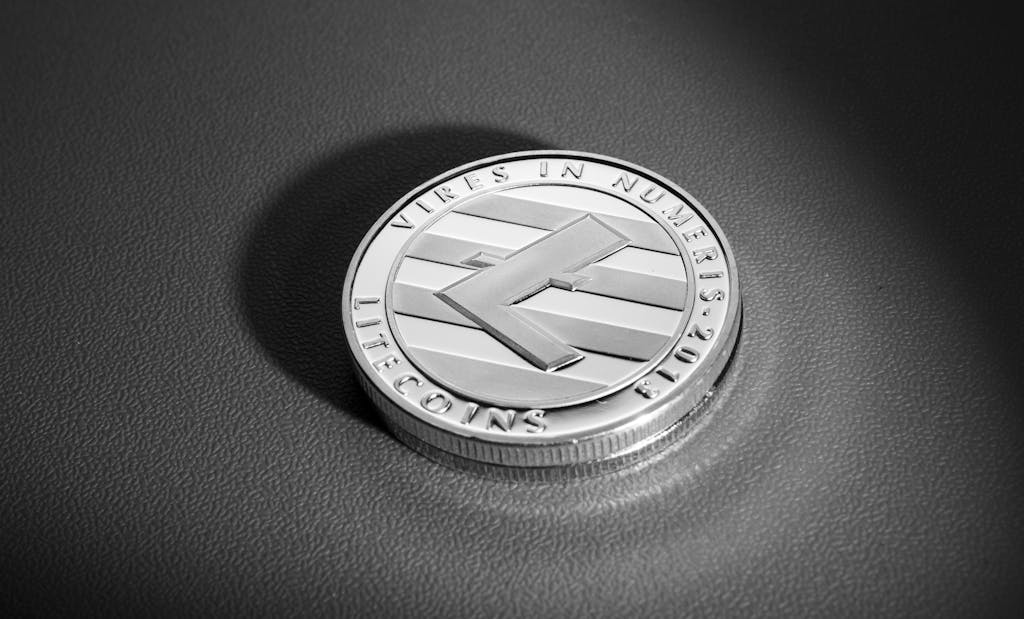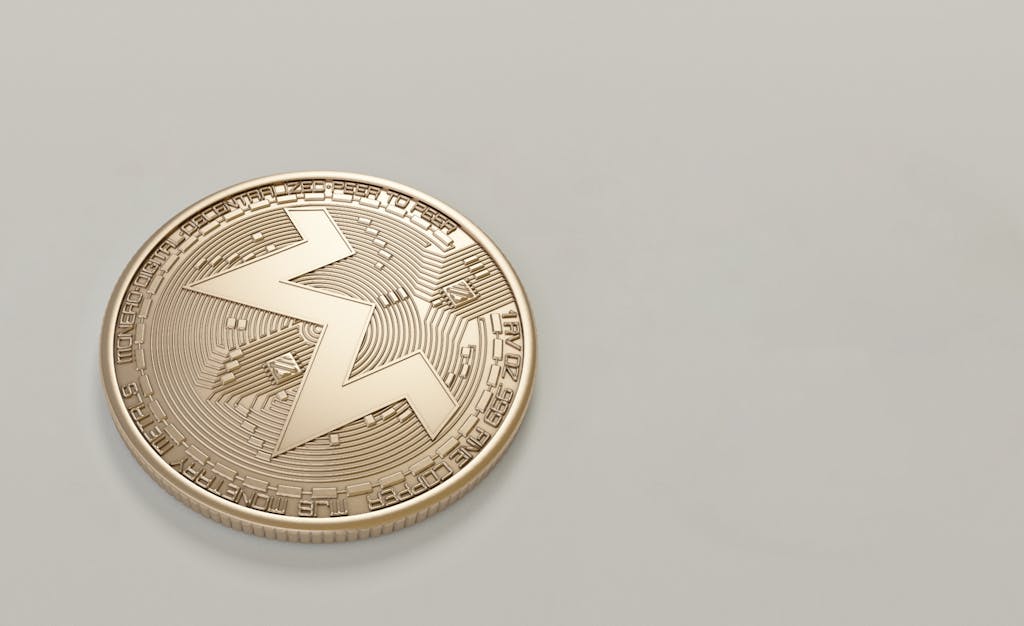What is the difference between Litecoin and Bitcoin?
The difference between Litecoin and Bitcoin lies in several key aspects: In summary, Litecoin and Bitcoin differ in transaction speed, market capitalization, mining algorithms, coin supply, and use cases. Litecoin’s focus on faster transactions and accessibility for miners sets it apart from Bitcoin, which remains the dominant cryptocurrency with a larger market cap and widespread…





